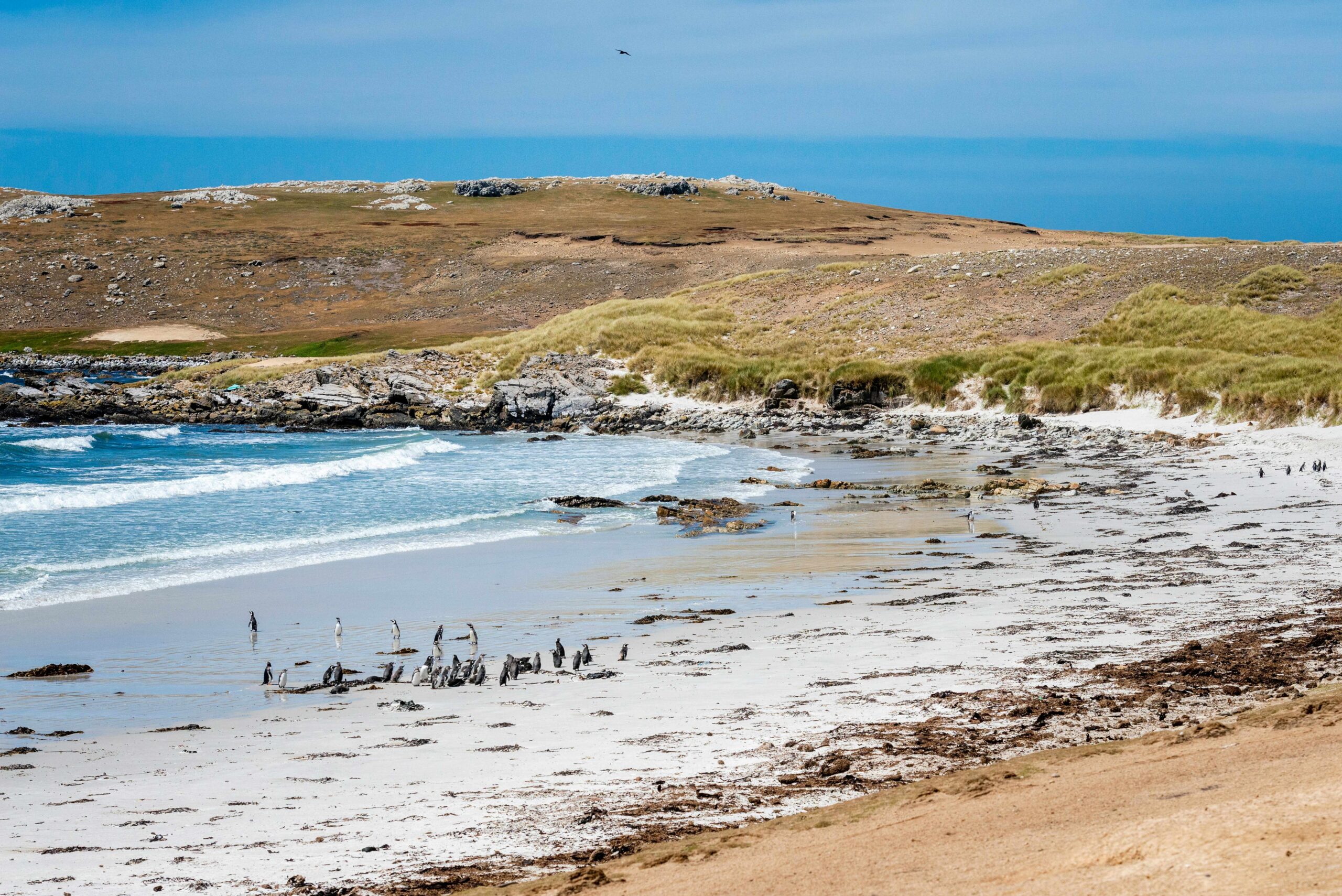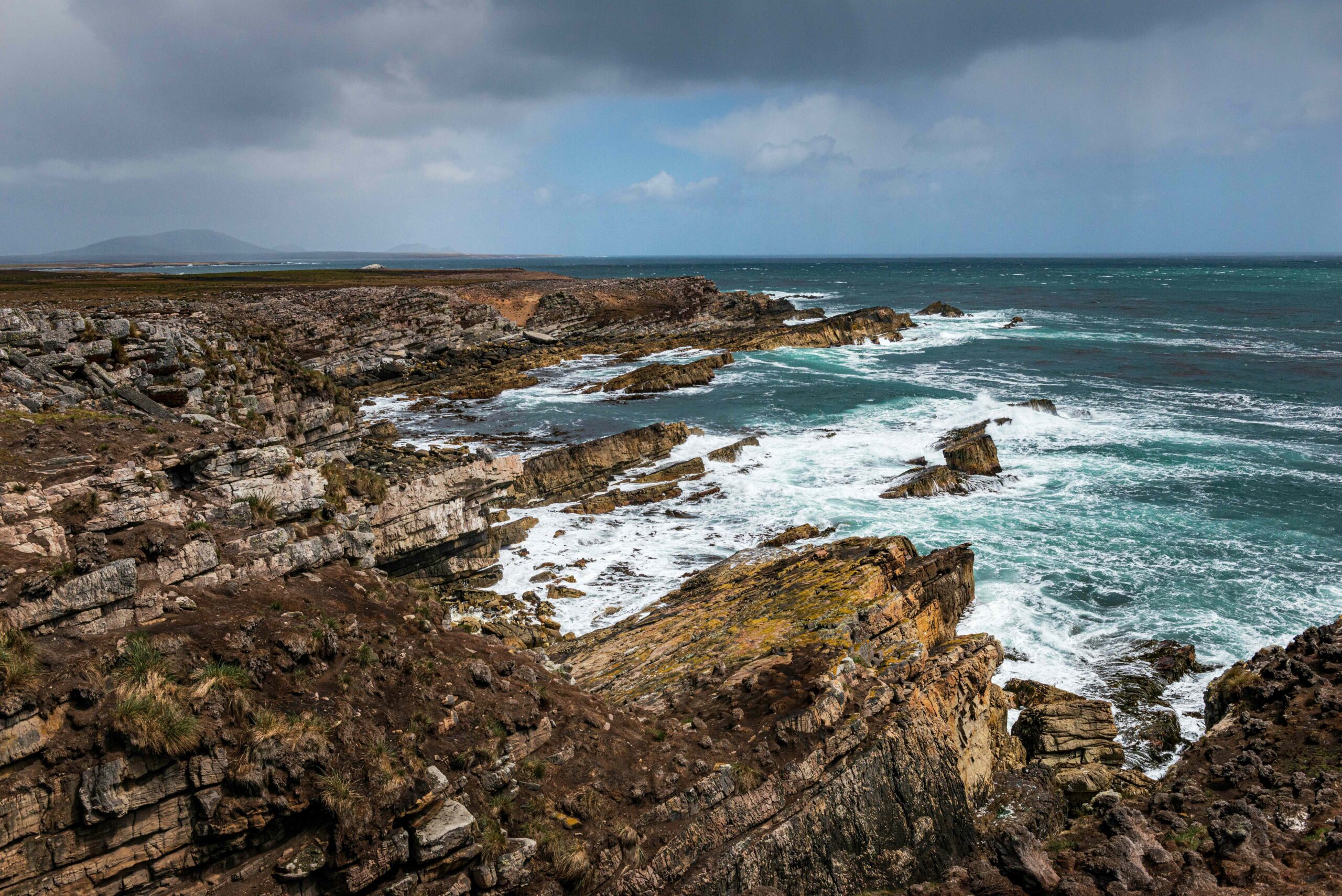The Falkland Islands Government has a comprehensive Environment Strategy outlining a vision for a biodiverse, healthy, and sustainable natural environment. The strategy focuses on a range of environmental issues, with building resilience to climate change forming a key part of this.
- Client Falkland Islands Government
- Location Falkland Islands
- Services
In-depth climate analysis to identify historic trends and seasonal patterns and extremes to identify future risks
With the negative effects of climate change already being felt, the Falkland Islands Government wanted to gain a greater understanding of local climate trends and their implications. Due to the island's reliance on rainwater for both consumption and irrigation, the risk from prolonged dry periods is a significant concern. The predominantly grassland landscape is also vulnerable to soil erosion, especially during events that combine heavy rainfall and strong winds.
Recognising these risks, we were appointed by the Falkland Islands Government to conduct: a temporal assessment of long-term historical records to explore past trends, seasonal patterns and extremes, a spatial assessment of long and shorter-term records to assess how climate varies across the island, and an assessment of climate projections to explore potential future records. Key to this was also exploring how existing data could be used to its fullest potential, including evaluating ways to enhance current data networks.
In some instances, historical data was not always available for every meteorological variable at a location. Whilst other locations only had a short period of data, or there were gaps in the record. To address this, gaps were filled using a gridded meteorological reanalysis data from the European Centre for Medium-range Weather Forecasts, which was adjusted by applying conversion factors based on relationships with the available record.
Accessing accurate climate model data for the Falkland Islands was also a key challenge. Despite using the best available climate models to ensure our projections were as accurate as possible, we encountered errors when compared to real-world data. In response, we adjusted the models to better match actual observations. As a result, we were able to provide greater accuracy when producing climate projections.
Providing evidence to support the Falkland Islands long-term environmental strategy
Through analysis of historic, present and future climate trends, our findings will support the Falkland Islands Government in taking action to build resilience to climate change. With evidence of an increase in average temperatures, as well as a historical increase in the number of days with strong wind gusts, the government now benefits from a greater understanding of the current and future risks the Falkland Islands face.
To help improve the robustness of future assessments, we have also made several recommendations around data storage and collection methods. For example, identifying key locations which should be a focus for maintaining good quality, complete datasets.



For more information about this project, please contact Heather Forbes.



